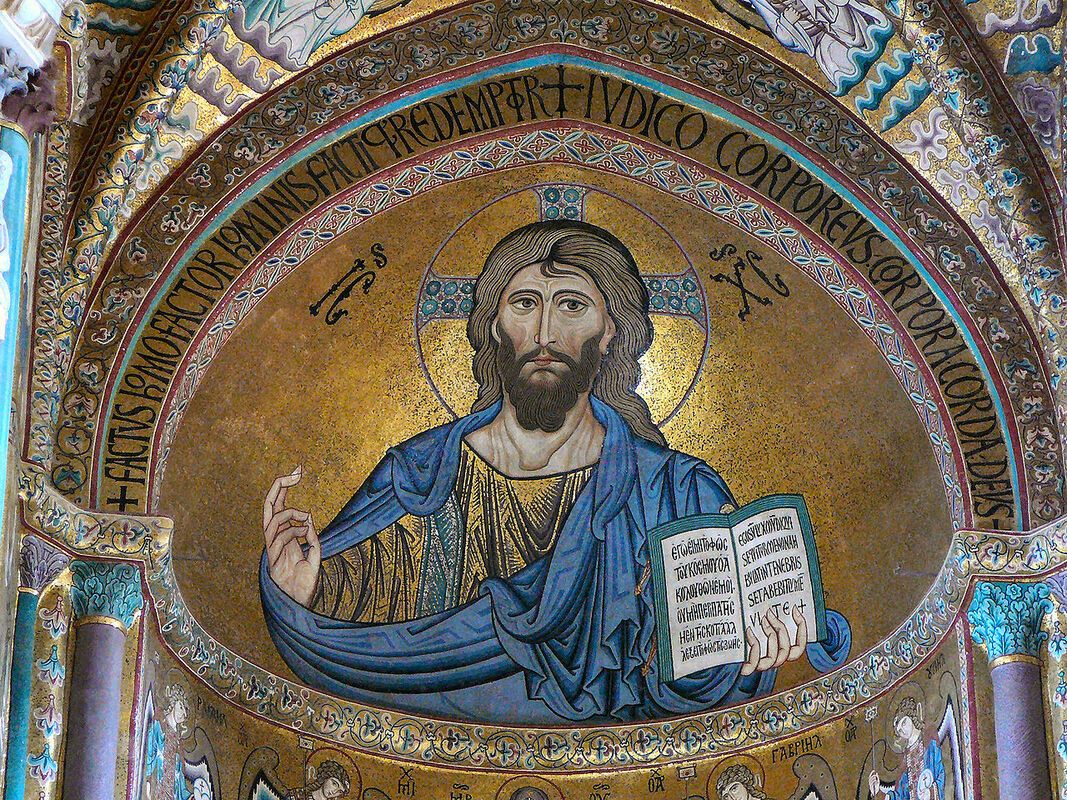|
John 7:1-2, 10, 25-30 (NRSVCE) After this Jesus went about in Galilee. He did not wish to go about in Judea because the Jews were looking for an opportunity to kill him. Now the Jewish festival of Booths was near. But after his brothers had gone to the festival, then he also went, not publicly but as it were in secret. Now some of the people of Jerusalem were saying, “Is not this the man whom they are trying to kill? And here he is, speaking openly, but they say nothing to him! Can it be that the authorities really know that this is the Messiah? Yet we know where this man is from; but when the Messiah comes, no one will know where he is from.” Then Jesus cried out as he was teaching in the temple, “You know me, and you know where I am from. I have not come on my own. But the one who sent me is true, and you do not know him. I know him, because I am from him, and he sent me.” Then they tried to arrest him, but no one laid hands on him, because his hour had not yet come. We’re just past the Bread of Life discourse, where the Jews were appalled that Jesus insisted they were to eat his flesh if they wanted eternal life. Because of his radical teaching, and because he is challenging the normal order of things, they want to kill him. Because of this, he has been remaining in Galilee. But for the Festival of Booths, he sneaks away to Jerusalem, and begins teaching openly there. That’s where the people take notice, realizing this is the man who “the Jews” want to kill (“the Jews” being what John uses in his gospel to refer to those Jews who oppose Christ, typically the Jewish authorities). They are shocked that a wanted man like this would be so brazenly preaching in public. If he is guilty of the things they say he is, why is he not afraid? And he can’t possibly be the Messiah the say he claims to be, because we know where he comes from. He’s a Galilean, from Nazareth. He can’t possibly be the Messiah, because no good can come from Nazareth.
Jesus’ response sparks outrage. Yes, they know him. Yes, they know where he comes from. But they do not know the one who sent him. They understand the implication he is making here. They know he is implying that it is God who sent him. If they knew God, they would surely know His Son. And if they knew the Son, they would know the Father. They can’t believe Jesus is the Messiah because they don’t know God, who sent him. Understandably, they are filled with anger. They immediately try to arrest him, presumably to turn him over to “the Jews.” We’re told they never touched him, because “his hour had not yet come.” These weren’t particularly wicked people. These weren’t thieves and murderers, or criminals of some other nature. These were average people, just “some of the people of Jerusalem.” Presumably, they were just as pious as the next guy, going about their daily lives trying to be righteous as best they can. And yet, here comes the Son of God, and they cannot recognize him for who he is. They look at him and see a fraud. How blind they must be to not even recognize the Son of the God they are trying every day to serve! I can’t help but wonder that if these people could not recognize Christ, could I? Am I any better than them? What makes me any different, or special? I do my best to serve God in my daily life just as they did, but still they were blind to his identity. It’s easy to say “Yes, but we know Jesus is the Christ now!” It’s true, we have the luxury of being born in a time after the risen Christ, in the age of the Church. But while that may make more predisposed to recognizing Jesus (and I’m not sure to what degree we can even say that much), it is certainly no guarantee. We still have to struggle with the question. Would we recognize Jesus? Do we know the Father enough that we would recognize His Son? Too often, I worry the answer is “No.” |
ArchivesCategories
All
|

 RSS Feed
RSS Feed